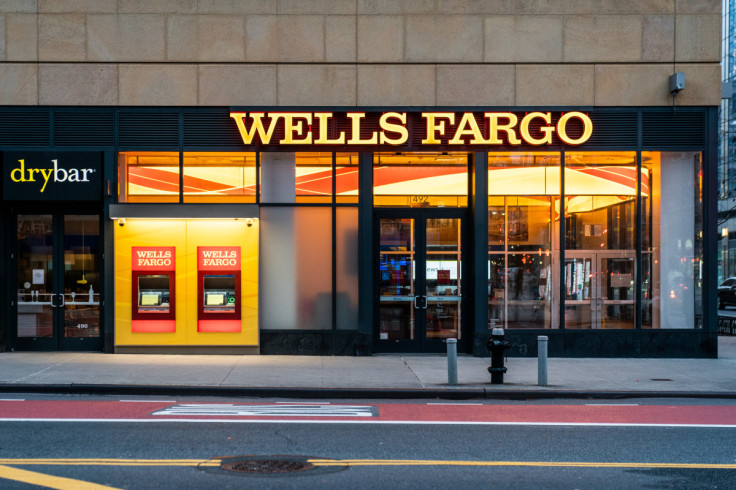
A new report sheds light on an investigation about a Chinese network working to launder money from the Sinaloa cartel through U.S. banks.
The Wall Street Journal detailed that the network has managed to process approximately $50 million in drug proceeds through banks over four years, allegedly purchasing dollars at a discount from the cartel and selling them at a premium, primarily to Chinese nationals seeking to circumvent the country's currency restrictions.
The laundering operation operated across Los Angeles County, with those involved making frequent deposits—sometimes six-figure amounts—at teller windows and ATMs of major banks including Chase, Bank of America, Citibank, and Wells Fargo.
While none of the financial institutions have been accused of wrongdoing, the scheme highlights vulnerabilities in the U.S. banking system. Even though it flagged over 21 million large cash transactions and 4 million suspicious activity reports last fiscal year, most of which did not result in criminal investigations.
The Drug Enforcement Administration (DEA), working with local police departments, uncovered the network through a years-long investigation that began in South Gate, California. Sgt. Scott Guerrero led a DEA task force that followed the money trail from suspected cartel cash pickups to Chinese money brokers, culminating in multiple arrests and cash seizures.
One of the central figures in the investigation is Sai Zhang, a Chinese national who entered the U.S. on a student visa and allegedly ran a money exchange business in the area. He stands accused of partnering with the Sinaloa cartel to meet the growing demand for U.S. dollars among Chinese nationals who face a $50,000 annual cap on foreign currency purchases.
Investigators found that Zhang's network used encrypted messaging apps like WeChat to coordinate transactions and often operated through intermediaries, complicating efforts to connect the laundered money directly to drug sales. Surveillance efforts and traffic stops eventually yielded significant breakthroughs, including drug and cash seizures, and a photo showing one of Zhang's lieutenants crossing into Mexico with a Sinaloa cartel operative.
Zhang was caught with $150,000 in a plastic bag in 2023. Confronted by police, he denied the funds were drug-related, claiming instead to handle money for wealthy individuals. Despite his denial, prosecutors say his network served both the cartels and Chinese clients looking to move large sums out of China. He has pleaded not guilty and is awaiting trial in October.
The case is far from isolated. Ray Donovan, a federal drug agent, found in 2015 that Chinese criminal groups were already laundering drug money for Mexican cartels. He later found that the same Chinese brokers who were laundering fentanyl proceeds were now heavily involved in marijuana trafficking across the United States as well.
"It's two revenue streams that no one else can compete with," said Christopher Urben, a former assistant special agent in charge at the DEA's Special Operations Division in Virginia. "They've created within the United States, I hate to say it, this super cartel organized crime force."
© 2025 Latin Times. All rights reserved. Do not reproduce without permission.





